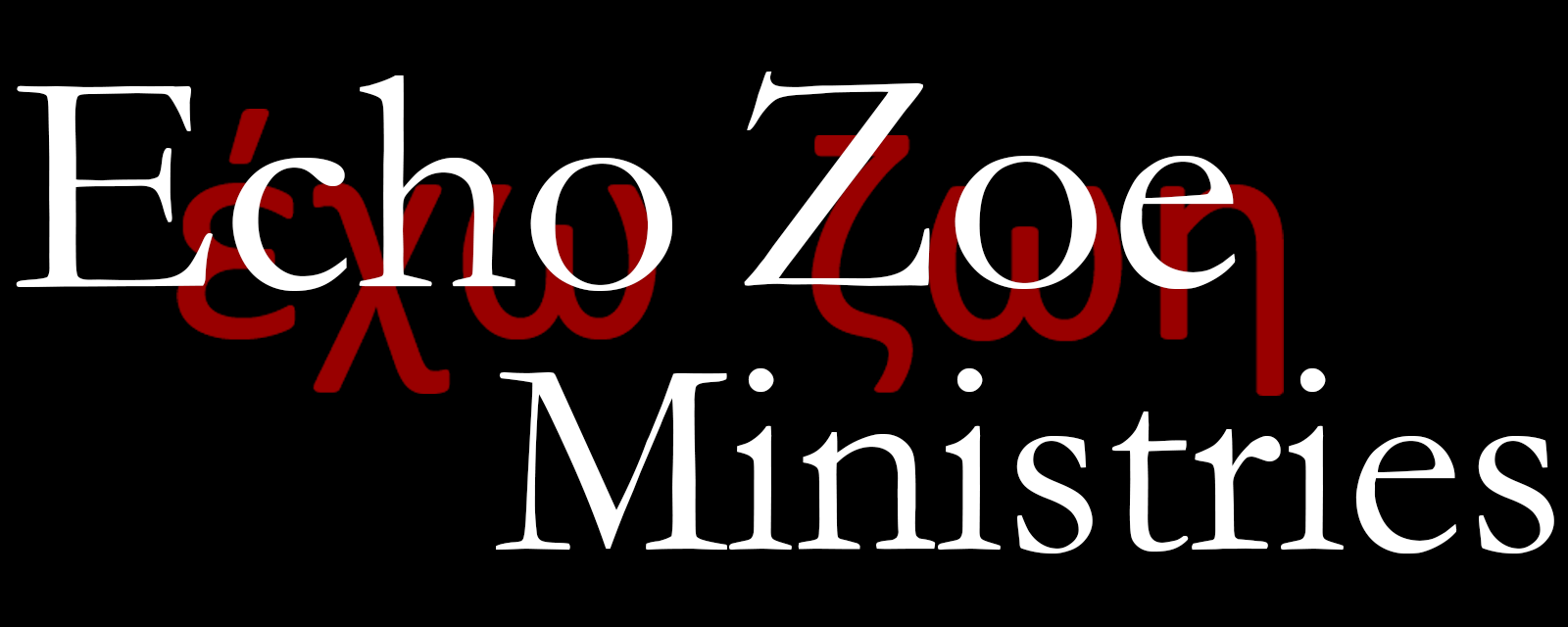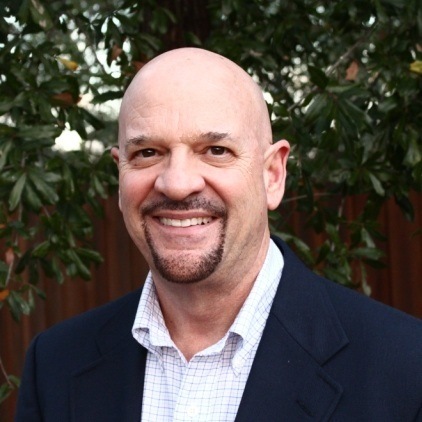Podcast: Play in new window | Download (Duration: 1:00:35 — 41.9MB)
Subscribe: RSS
An Outline of the Discussion
- God is sovereign over everything, but He rules and reigns in different ways over two different realms: the common kingdom, which everyone belongs to, and the redemptive kingdom, which only believers belong to.
- Abraham was the beginning of the redemptive kingdom, and a prototype for the redemptive kingdom.
- The Old Testament carries models of Two Kingdoms throughout, with the distinction being suspended while the Israelites are in the land. We see it beforehand in Egypt, and again in the Babylonian captivity.
- We must be consistent between the two kingdoms, informed by Scripture, and Faithful to God’s commands, but always also keeping in mind that each has it’s role, and we shouldn’t push the Redemptive Kingdom too far. If a particular aspect of life can be governed by the Common Kingdom, it probably should be in most cases.
- We are commanded not to be unequally yoked with unbelievers in worship, but we can work together with them to serve our neighbors.
- With the exception of ministry, for the most part our vocations are as they are. There isn’t a “Christian” way to do most of them that is different from how unbelievers do them.
- Doing business, or entering employment, with the outlook that we only do these things with other believers, is something that comes out of Fundamentalism, and is usually legalistic in its approach.
- People who are good at their jobs are good at them not because they’re Christians (most are not,) but rather because they are made in God’s image.
- Two Kingdoms Theology helps us to see that we can serve the culture without needing to redeem it. Being redeemed, we are not called to do what Adam was first tasked to do (before he fell.)
- The Babylonian captivity provides a good model for us. The Israelites knew they’d be in Babylon for 70 years, and lived as such. They built homes, engaged in commerce, and did all the things the Babylonians did while in Babylon. The only substantial difference being they didn’t worship with the Babylonians, or engage in any activities forbidden by God to do.
- Two Kingdoms theology is very helpful in addressing how we approach politics. It doesn’t instruct us on how to approach politics, but helps us navigate through it. Understanding that politics is a common kingdom endeavor helps us escape the legalism that can be so tempting in regard to the candidates we support or oppose. Also, it’s okay for fellow believers to come to different conclusions on the same candidates or issues.
- The common kingdom is charged with the sword, and tasked with executing justice. The redemptive kingdom is tasked with extending forgiveness.
- Islam is a system that demonstrates how a one-kingdom system doesn’t work well.
- Two Kingdoms helps to wade through the question of how to educate our kids. Between government schools, a private Christian school and homeschooling (as the three most common options) there are strengths & weaknesses in each.
- Two-K affords us categories that help people work through issues, even if they come to different conclusions.
- Conscience is a very important part of Two-K theology.
- Two-K Theology has strong threads of Covenant Theology weaving through it, but not so much that Dispensationalists should feel a need or urge to disregard it. It’s heavy on Two-Adams (First Adam, Last Adam.)
Scriptures Referenced
(Non-exhaustive)
- Jeremiah 29
- 2 Corinthians 6:14ff
- Ephesians 2
- Romans 3
Additional Resources
- Living in God’s Two Kingdoms: A Biblical Vision for Christianity and Culture – David VanDrunen
- A Tale of Two Kingdoms – Michael Horton
- John MacArthur interview with Ben Shapiro
- The Government’s Role to Restrain Evil (1 Timothy 2:1-2) – Sermon by Eric Douma
- A Secular Faith: Why Christianity Favors the Separation of Church and State – D.G. Hart
- Two Kingdoms resources by Kim Riddlebarger






4 thoughts on “Pat Abendroth: Two Kingdoms Theology”
Hi, I enjoyed this podcast very much. As someone attending a Bible church whose pastor also went to Masters Seminary, while I myself, having a background in dispensationalism and pre-mill/pre-trib eschatology and yet having personally moved to accepting ammillenisalism/inaugurated/realized eschatology as well as covenant theology, I’d love to hear someone with Pat Abendroth’s pedigree talk about how he holds covenant theology and yet isn’t amill! 🙂
He suggested coming back to do a show on Covenant Theology, and I’d love to take him up on that sometime. The relationship between Covenant/Dispensational views & eschatology would be a good topic to explore during that conversation.
One other comment: I think John Frame has offered much constructive criticism on the 2k view; I’d recommend anyone considering promoting 2k to also recommend others read and interact with John Frame’s book The Escondido Theology, as well as his concerns in The Doctrine of the Christian Life and elsewhere with respect to natural theology. I find him quite balanced, nuanced, and fair to opponents, although sometimes I wish he’d better flesh out what his alternative would look like (be it his critique on worship music approach, denominationalism, or what have you; he’s done better to show alternatives for Van Tilian extremism, natural theology, etc.) I’m sure there are other 2k critics, but I’m not too familiar with them as of yet. Again, none of this is to detract from the great things we can learn from 2k. I also wonder where Francis Schaeffer would really fall in the 2k discussion, but it seems he’d be more in the Kuyperian camp still rather than 2k.
Pat asked what I’m reading next. I said “Christianity & Liberalism,” but Schaeffer is also on my short list of the next 2-3 books I plan to read. (Though I’m counting his entire trilogy as 1 book because I have it in a single volume.)